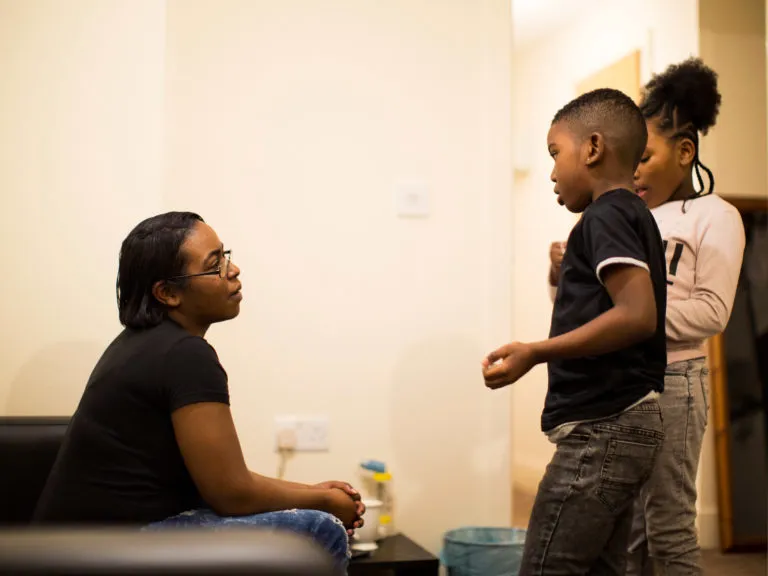Benefit cap challenge beaten in Court of Appeal
Published: by Heather Spurr

Last week, the Court of Appeal handed down a disappointing decision on the Department for Work and Pensions’ (DWP) benefit cap policy. It found in the government’s favour that the benefit cap is not unlawful, in so far as it applies to lone parents with children under the age of two.
The benefit cap restricts the amount of benefit payments a household can get to £23,000 in London and £20,000 everywhere else. While the cap is supposed to increase parity between people who are unemployed and people who are in work, as the Court of Appeal acknowledged, the limit ‘takes no account of social welfare benefits which many working households receive in addition to their pay’.
We have helped many families who risk destitution and homelessness because of the cap. We intervened in the case which was first heard in the High Court last year. In that case, Mr Justice Collins said the cap caused ‘real misery for no good purpose’ and found it unlawful.
A majority of two to one in the Court of Appeal yesterday did not agree with Mr Justice Collins and upheld the DWP’s appeal. The court reasoned that the circumstances of lone parents with children under two are not sufficiently different from other lone parents as to require an exception to be made to the benefit cap.
The positives
Although we are disappointed with the result, there are a few positives to be found. Firstly, not everyone agreed with the ruling; dissenting, Lord Justice McCombe would have dismissed the DWP’s appeal.
Secondly, the claimants have been given permission to appeal to the Supreme Court, so the lawfulness of this policy is likely to be considered again by the highest court in the UK.
Thirdly, the court recognised that children’s rights under Article 8 of the European Convention on Human Rights (rights to private and family life) are impacted by the cap. The DWP had been arguing that only the parents’ rights were affected.
Finally, the court recognised the extreme hardship that the benefit cap causes for many families. Sir Patrick Elias said: ‘No one should underestimate the very real hardships caused by the imposition of the cap, and the particular circumstances of the individual claimants in this case bear witness to the harsh circumstances in which they and those similarly placed live, as does detailed evidence from Shelter.’
The evidence
According to the latest government figures, more than 66,000 households are affected by the benefit cap. One quarter of these are lone parents with children under two.
We think that the benefit cap is a crude policy that badly damages the lives of the people it affects. It fails to take into account fluctuating rent levels across the country and does not recognise the differing needs of families.
In our evidence to the court, we showed how it is now almost impossible for families to avoid having their benefits capped by moving house. Analysis shows that a single parent family with three children renting from a private landlord would now have their benefits capped in every area of the country. In some areas, capped families are not left with enough to cover their rent, let alone any other essential living costs like food and bills.
Emotional and physical impact
The impact on families is emotional and physical, as well as financial. Often, it’s not just a matter of having to cut down on a few ‘luxuries’, but of deciding between necessities. Parents are left unable to pay for school uniforms, birthday presents and school trips, never mind their rent and utility bills. This impacts on mental and physical health, for both parents and children.
We continue to help people who have been put in these desperate situations because of the cap. One example was a council tenant in Dorset with mental health problems who was hit by the cap when her Personal Independence Payments stopped. She could not move to cheaper accommodation because none was available – she was already living in submarket social housing. She struggled to pay her rent and was threatened with eviction. In order to make rent payments, she stopped eating and had lost so much weight that she was down to six stone.
It is the ‘very real hardships caused by the imposition of the cap’, recognised in the Court of Appeal, that motivate us to continue to fight this policy. And only by facing up to the damage caused by its welfare cuts will the government begin to tackle the true causes of homelessness and poverty.
- Visit our website to find out more about the benefit cap and what to do if you are affected.